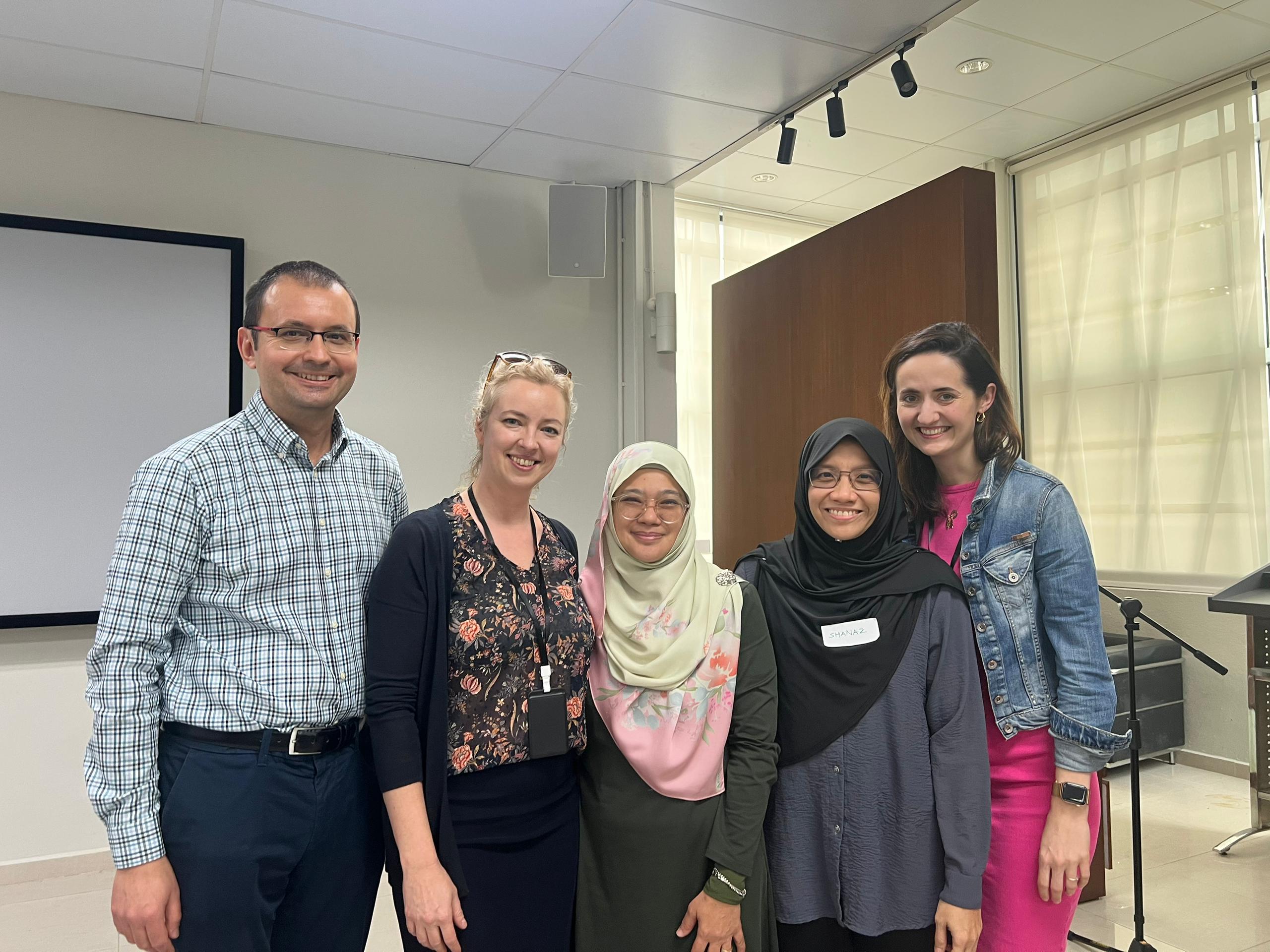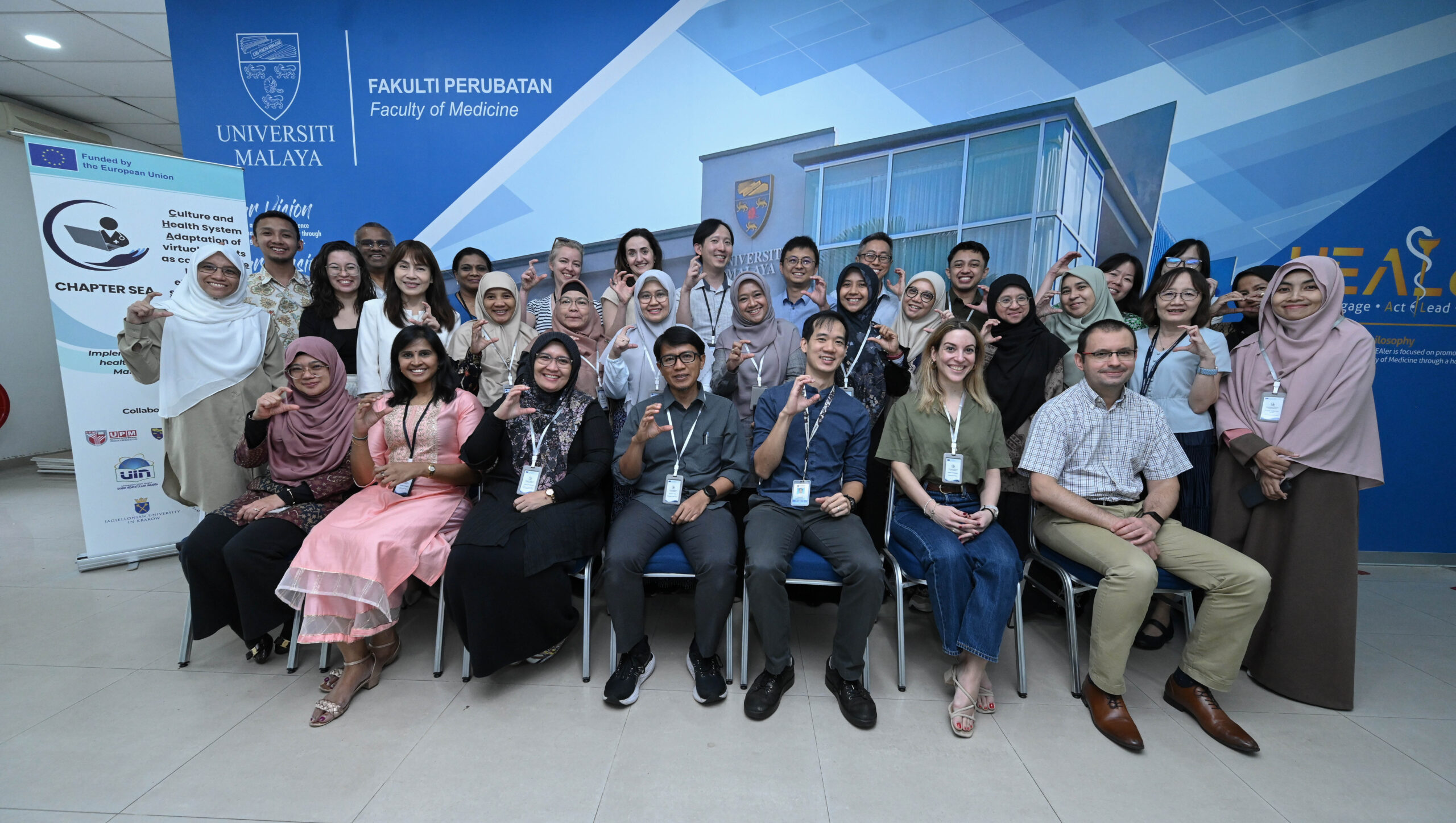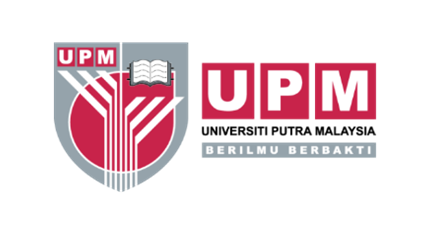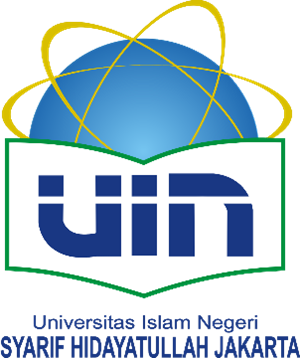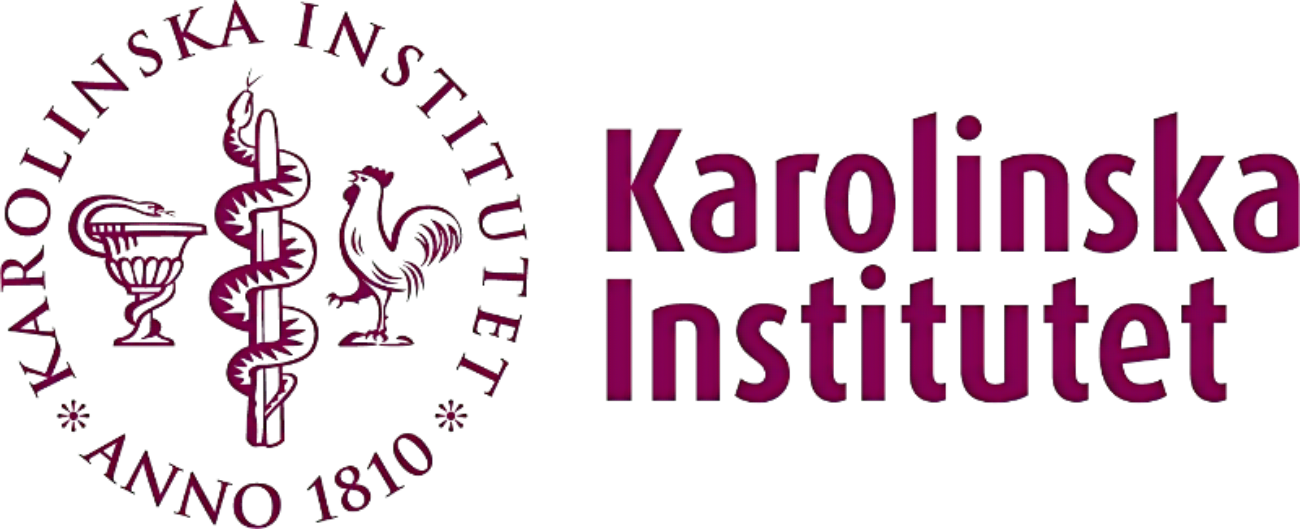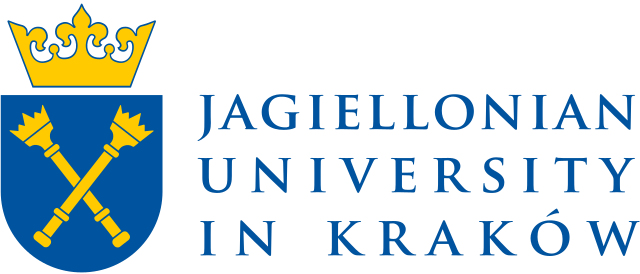The CHAPTER SEA project is funded by the European Union’s European Education and Culture Executive Agency (EACEA) under the ERASMUS program’s grant call on Digital Transformation for capacity building in higher education (ERASMUS-EDU-2024-CBHE).
The project aims to transfer knowledge about virtual patients from two European partners to five Southeast Asian universities in Malaysia and Indonesia on how to use, adapt and implement a library of virtual patients from Europe for Malaysian and Indonesian settings across medical, nursing and pharmacy courses.
The project’s main coordinator is Universiti Malaya, Malaysia. The consortium comprises EU experts in virtual patients from Jagellonian University, Poland and Karolinska Institute, Sweden. The Southeast Asian universities comprise a multidisciplinary mix of public and private universities from Malaysia (Universiti Malaya (UM), Universiti Putra Malaysia, Taylor’s University) and Indonesia (Universitas Gadjah Mada, Universitas Islam Negeri Syarif Hidayatullah Jakarta). The consortium mix combines strong EU expertise with motivation and commitment of SEA partners towards digital transformation of education by implementing virtual patients in their teaching programs.
Objectives
Within the CHAPTER SEA project, the specific objectives are to:
1. Conduct a needs analysis to identify the types of digital education tools and collaborative learning activities in medical education in Malaysian and Indonesian partner institutions.
2. To train Malaysian and Indonesian partners on virtual patient software and how to adapt cases for local settings
3. To train Malaysian and Indonesian partners on how to design collaborative lessons using virtual patients
4. To select and adapt 29 virtual patient cases (4-8 cases in each institution) that align with the medical, nursing or pharmacy programs in each institution
5. To implement and evaluate the use of collaborative learning using virtual patient cases in Malaysian and Indonesian partner medical programs with 1000 undergraduate students (120- 400 students per institution)


